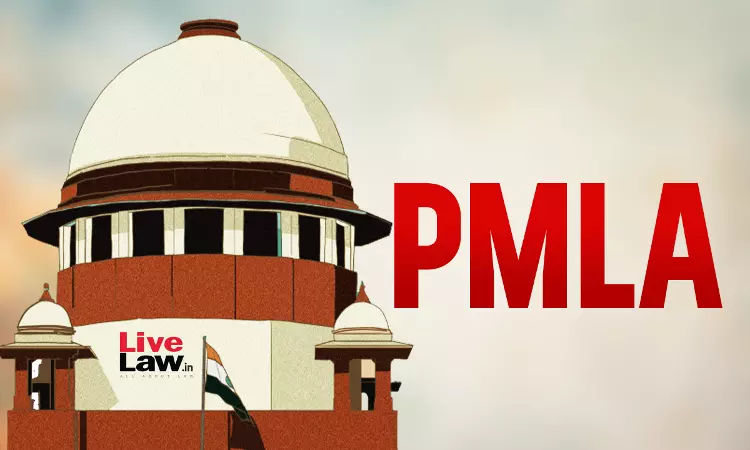PMLA | Is Accused Entitled To Documents Which Prosecution Isn't Relying Upon In Trial? Supreme Court To Examine
Amisha Shrivastava
1 Aug 2024 10:12 AM IST

Next Story
1 Aug 2024 10:12 AM IST
The Supreme Court is set to examine the applicability of the provisions of the Code of Criminal Procedure (or its new replacement the Bharatiya Nagarik Suraksha Sanhita) to cases under the Prevention of Money Laundering Act (PMLA) on the issue of the prosecution's obligation to supply documents to the accused.A bench of Justice Abhay S Oka, Justice Ahsanuddin Amanullah and Justice...
